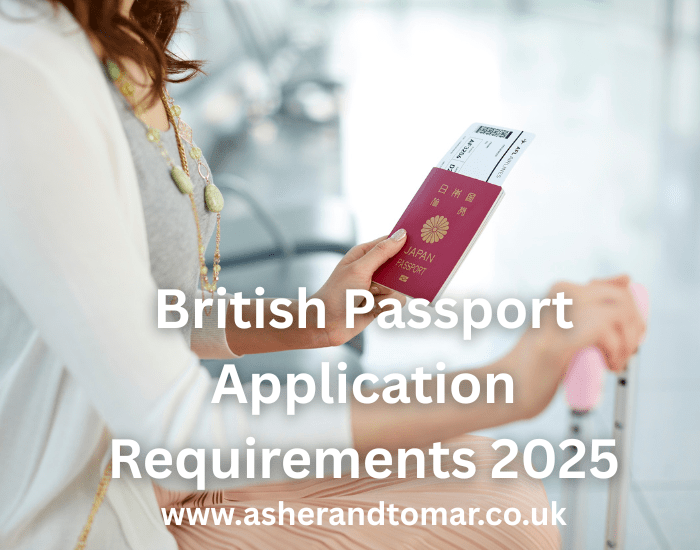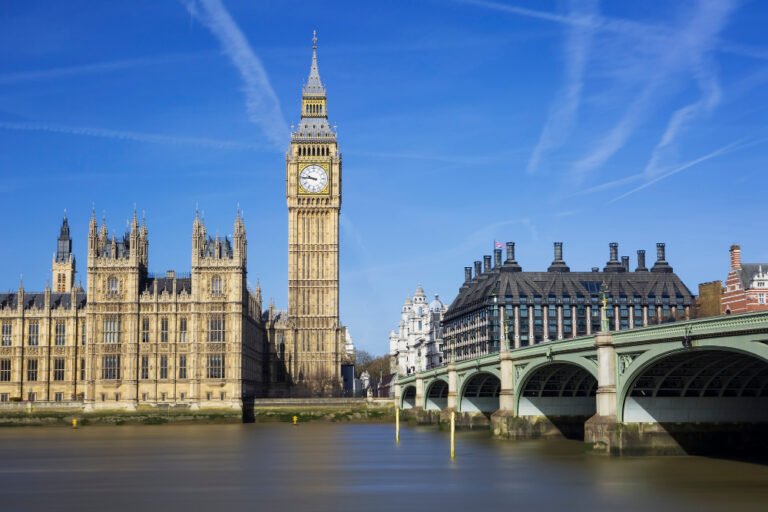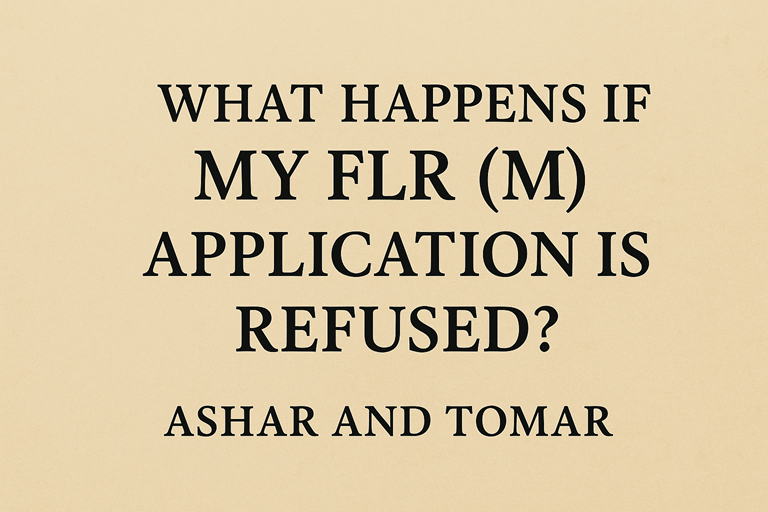visa refusal appeal solicitor London
Visa Refusal Appeal Solicitor London— Your Right to Challenge a Visa Refusal If your UK visa application has been refused, don’t lose hope. You may still have the right to appeal, and working with an experienced visa refusal appeal solicitor in London can make all the difference. Time is critical, and understanding your appeal rights early can strengthen your case significantly. When Should You Contact a Visa Refusal Appeal Solicitor London? In many visa refusal cases, appeal rights are automatically granted. These commonly include: If you have received a refusal letter for any of the above, your next step should be to contact a trusted visa refusal appeal solicitor in London. They will review your case, advise on the merits of an appeal, and guide you through the appeals process efficiently. Visa Refusal Appeal Solicitor London – No Right of Appeal in Some Cases It’s important to understand that not all visa refusals come with a right of appeal. For example, if your UK Visitor Visa is refused, you do not have a right of appeal under current immigration rules. However, you can still challenge a visitor visa refusal through judicial review. Before filing for judicial review, it’s necessary to submit a Pre-Action Protocol letter (PAP)—also known as a Letter Before Action—to the Home Office. A specialist solicitor can assist in drafting this letter and advising whether judicial review is the right course. Types of Appeals and Fees When you do have appeal rights, you must choose between two types of appeal processes: A skilled visa refusal appeal solicitor in London can help you decide which option offers the best chance of success based on your specific case. Out-of-Country vs. In-Country Appeals Choosing the right appeal route and representation is essential to avoid unnecessary delays and increase the likelihood of success. Frequently Asked Questions (FAQ) 1. What does a visa refusal appeal solicitor in London do? A visa refusal appeal solicitor will: 2. Can I appeal a UK visitor visa refusal? No, visitor visa refusals do not come with a right of appeal. However, you may challenge the decision via judicial review. A solicitor can help you file a Pre-Action Protocol letter as the first step. 3. How long does a visa appeal take? 4. Which is better – paper or oral appeal? Each has pros and cons. Oral appeals allow you to explain your case in person, which may improve your chances, especially in complex matters. Your solicitor will help you choose the best option. 5. How much does it cost to appeal a visa refusal? Contact a Visa Refusal Appeal Solicitor London Today Time limits for appeals are strict, so don’t delay. Contact an experienced visa refusal appeal solicitor in London today to begin your appeal process and protect your right to remain in or return to the UK. Our firm of immigration solicitors, i.e., Asher & Tomar Solicitors, is regulated by the Solicitors Regulation Authority (SRA). Visa Refusal Appeal Solicitor London – Why Choose Asher and Tomar Solicitors If your UK visa has been refused, it’s crucial to act quickly. With the help of a trusted Visa Refusal Appeal Solicitor London, you may still have a chance to overturn the decision. Many refusals—such as UK spouse visas, fiancé visas, dependent visas, and asylum claims—come with a right of appeal (Visa Refusal Appeal Solicitor London). At Asher and Tomar Solicitors, we specialize in these appeals and have a proven track record of success. Not all visa refusals come with an appeal right. For instance, UK visitor visa refusals can only be challenged via judicial review, beginning with a Pre-Action Protocol letter. Our experienced team can help you every step of the way. Whether you’re considering a paper appeal (£80) or an oral appeal (£140), our expert Visa Refusal Appeal Solicitor London team will guide you on the best route based on your case. Out-of-country appeals take longer than in-country appeals, but with the right representation, your chances of success significantly increase. Choose Asher and Tomar Solicitors—your trusted Visa Refusal Appeal Solicitor London—for personalised, professional, and strategic legal support. Contact us today and take the first step toward a successful appeal.








